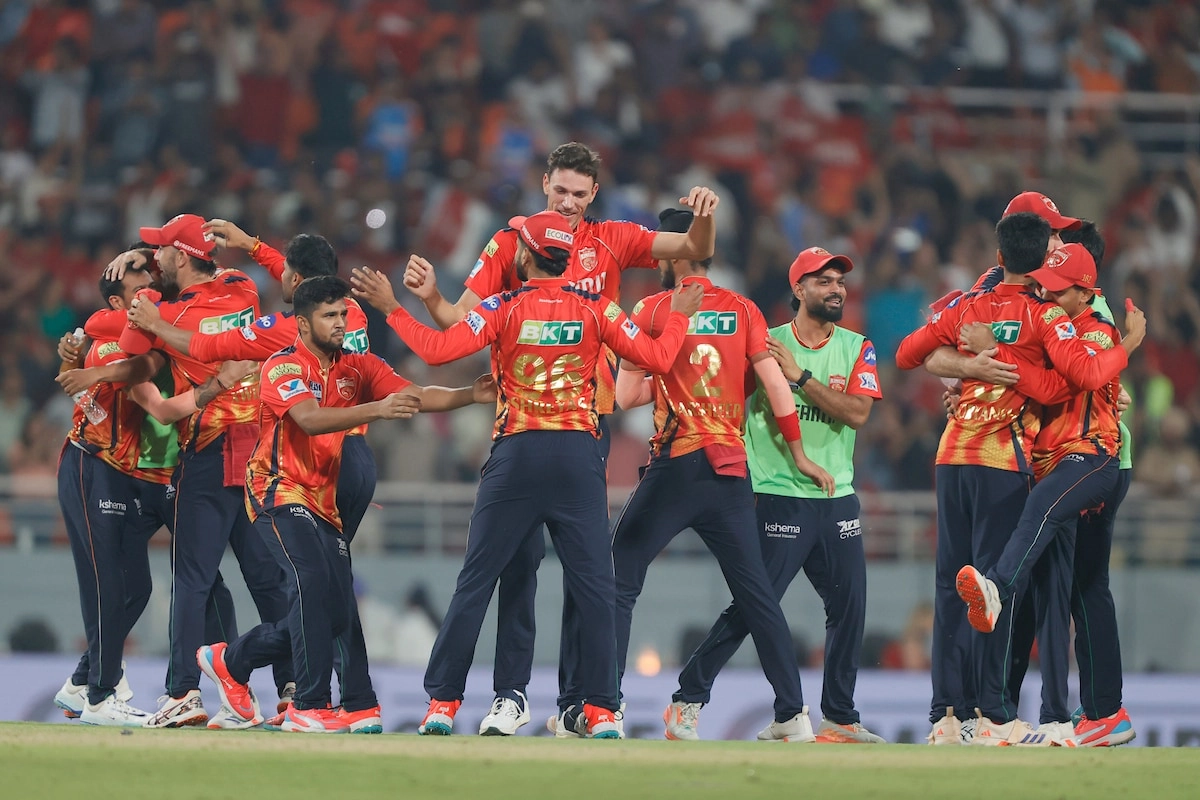Gautam Gambhir, the former Indian cricketer and current politician, has recently taken a strong stand against his critics, particularly targeting two former captains of the Indian national team. In a pointed statement, he asserted that he will not consider becoming a Non-Resident Indian (NRI) simply to evade taxes. This remark seems to be a direct response to ongoing discussions and controversies surrounding the financial decisions made by some of his predecessors, indicating a deeper concern about the values upheld by public figures.
Gambhir’s comments highlight a broader issue regarding the responsibilities of public personas in India, especially those who have achieved fame and success through sports. By choosing to remain a resident and engage with his home country, Gambhir emphasizes his commitment to India, both as an athlete and a citizen. His statement serves as an implicit critique of others who might prioritize personal financial gain over national pride and accountability. The implication that some former cricketers may have sought to evade taxes by changing their residency status adds a layer of complexity to the discussion about patriotism and integrity in the realm of sports.
In his passionate defense, Gambhir calls for a reevaluation of what it means to be a role model in today’s society. He believes that athletes and public figures carry a significant responsibility to inspire the youth and set examples of ethical conduct. By openly rejecting any notion of tax evasion, he positions himself as a leader who values transparency and accountability. His remarks resonate with fans and young cricketers alike, reinforcing the idea that success should not come at the cost of ethical compromises.
Furthermore, Gambhir’s comments reflect a growing sentiment among the public that calls for greater scrutiny of the actions of those in influential positions. As a society, there is an increasing demand for integrity among public figures, especially those who have the power to influence millions. This situation invites a broader conversation about the expectations placed on athletes and the ethical dilemmas they may face in their careers. Ultimately, Gambhir’s stance serves as a reminder that the legacies of sports icons should be built on more than just statistics and accolades; they should also embody values that uplift the community and inspire future generations.




